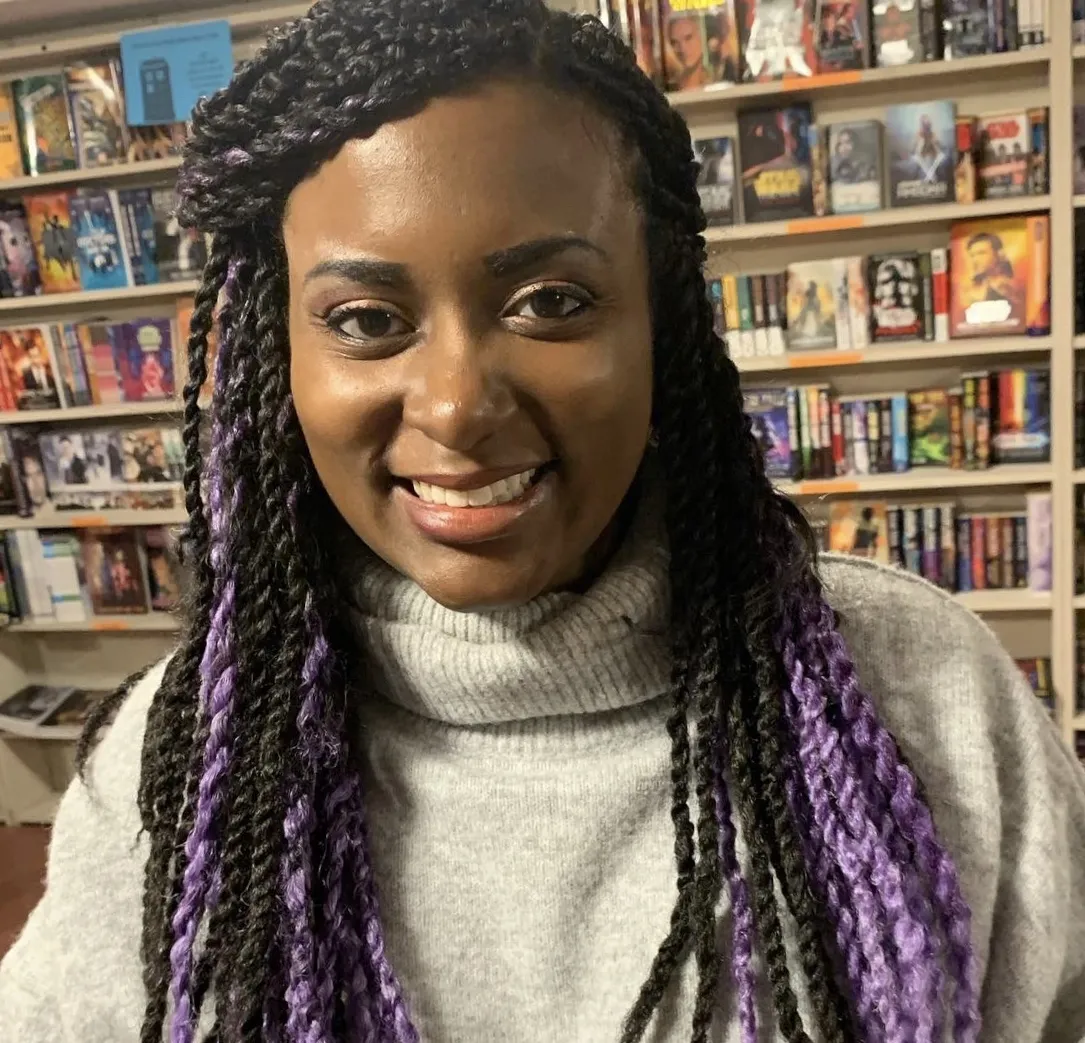Looking to brush up your writing skills or learn a new trick or two? You've come to the right place! Check back weekly for helpful tips and articles that make your writing better.

Short stories are a great way for up-and-coming writers to get some publishing credits and start to build buzz around their names. But don’t be fooled into thinking that since short stories are well, shorter, they’re easier to write or get published.
As a slush reader for the Magazine of Fantasy and Science fiction, I can tell you editors get hundreds, even thousands of submissions a month. Only the best of the best make it to print, and your story needs to answer the silent question, “Why should this be published?” You have much less time to make your case in a short story than you do in a novel so with that said, here are five things that lead me to recommend a story. Note that I personally don’t need a story to contain all of these things, but the more the better.
1. Highly Competent Prose
This is my first clue that a writer has full control of their story. Editors are very, very busy, and they’re often looking for stories that are pretty much publishable as they are. If in the first few paragraphs a story has issues such as too many adjectives, no sentence variance or unintentional repetition, it’s clear the story will need too much editing to be viable. Research the mistakes that out you as a new writer and eliminate them from your work.
2. Skillful Exposition
It’s especially important when you have limited story real estate to keep the exposition precise and relevant, and to make sure it appears at the appropriate time. The last thing you want is to lose an editor with a long block of exposition before you’ve even given them a reason (such as a compelling character or plot problem) to care about the story.
3. High Concept Premise
This one is a little trickier, but a story with a premise I’ve never seen before, or a creative take on something old will always pique my interest. Try to make sure your story isn’t derivative. My best advice on this one is to be as well-read as you can, to get a sense of what’s been done to death and whether you should avoid it, or there’s a way to put your own unique spin on it. The TV Tropes website is another good resource. Tropes in and of themselves aren’t necessarily bad, but as the old saying goes you need to know the rules before you can break them.
4. Efficiently but Solidly Drawn Characters
Characters are often a huge part of what makes a short story relatable and enjoyable for me. If a writer can give me the illusion of fully realized characters and make me care about them in a short amount of time that’s a big plus for their story.
5. A Satisfying Ending
One that drives home the purpose of the story—encapsulating the theme, message or thought experiment evident therein—and punctuates the narrative, making it feel complete.
⤟ backstory ⤠
May 2025
April 2025
March 2025
February 2025
January 2025
December 2024
November 2024
October 2024
September 2024
August 2024
Copyright © 2025. All rights reserved
StoryBilder and the StoryBilder logo are trademarks of StoryBilder, Ltd.










